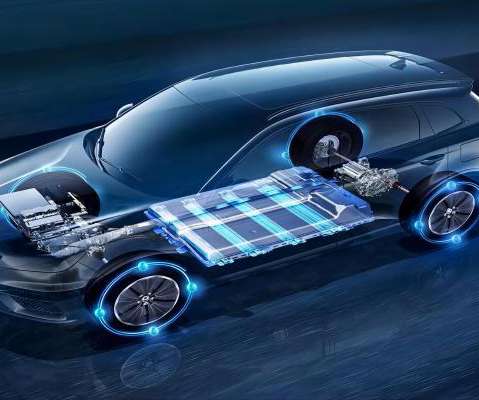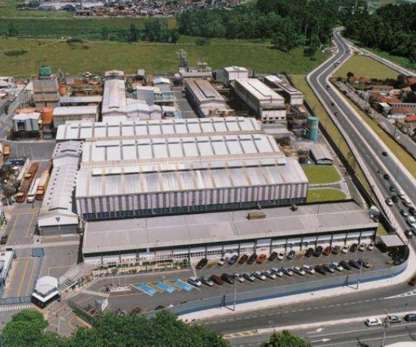Researchers convert atmospheric CO2 to carbon nanofibers and nanotubes for use as anodes in Li-ion and Na-ion batteries
Green Car Congress
MARCH 3, 2016
Researchers from George Washington University and Vanderbilt University have demonstrated the conversion of atmospheric CO 2 into carbon nanofibers (CNFs) and carbon nanotubes (CNTs) for use as high-performance anodes in both lithium-ion and sodium-ion batteries. Earlier post.) —Stuart Licht. —Licht et al.



















Let's personalize your content